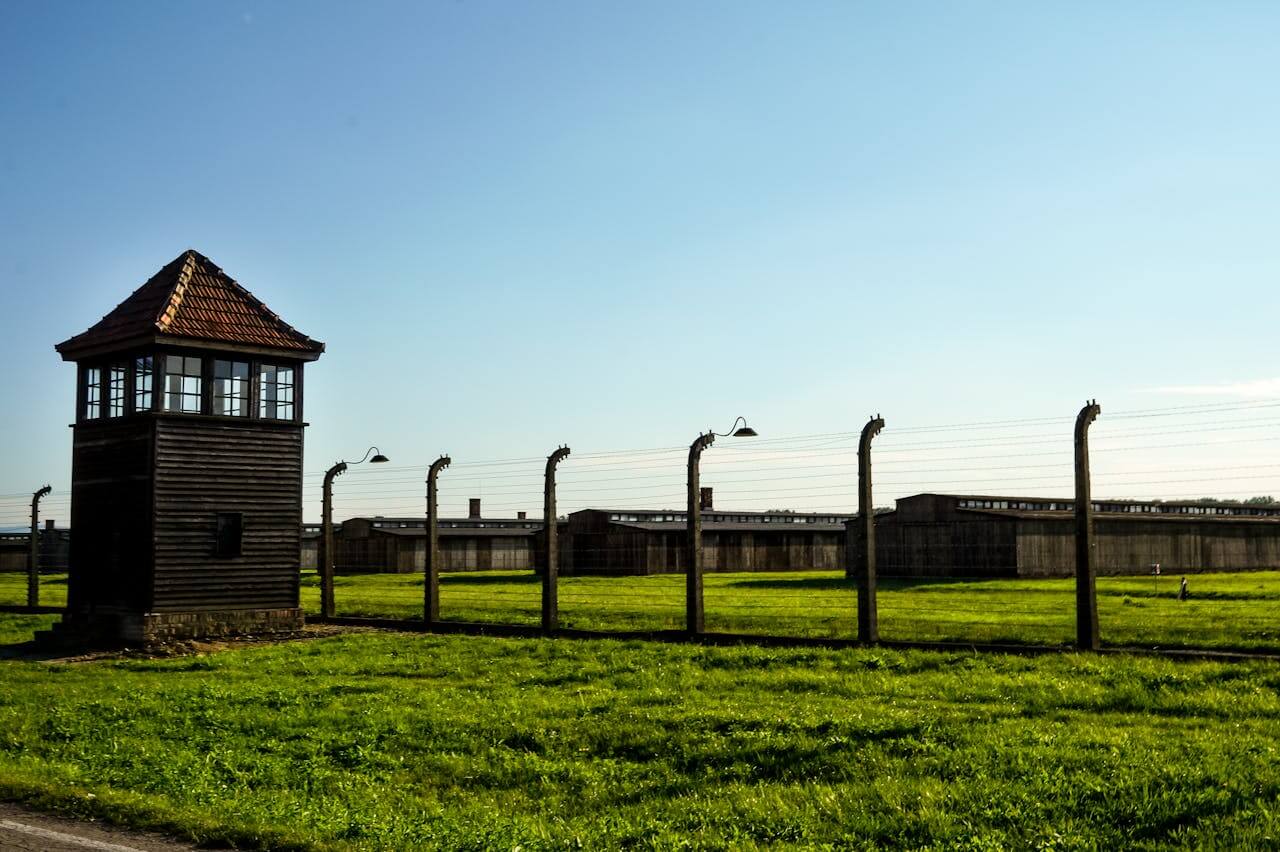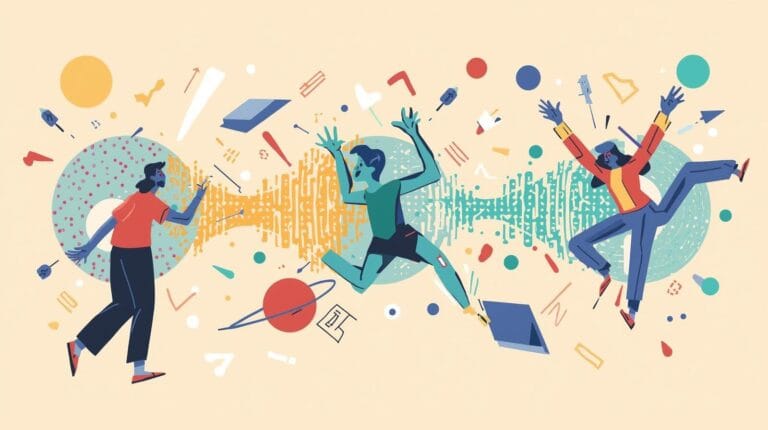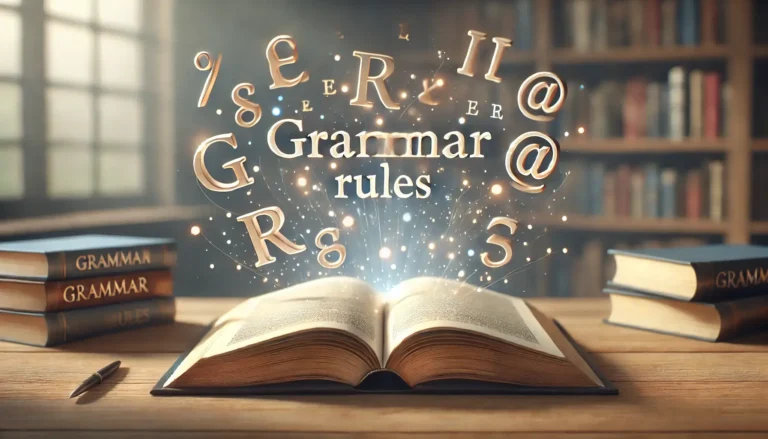The concept of the Unreal Past, often referred to as “unreal time,” is a fascinating and essential element of English grammar. It allows speakers to discuss hypothetical, imagined, or unlikely scenarios by using past tense forms in non-past contexts.
This unique grammatical structure goes beyond mere linguistic precision—it serves as a tool for expressing emotions, regrets, wishes, preferences, and politeness. By shifting verb forms backwards, English speakers create a sense of distance from reality, enabling nuanced and sophisticated communication.
In this essay, we explore the intricacies of the Unreal Past, its various applications, and its relevance in both spoken and written English, while optimizing our understanding of this concept for learners and educators.
Unreal Time and the Unreal Past
Unreal time, as expressed through the Unreal Past, involves using past tense forms to convey situations that are not true or unlikely to happen, either in the present or the future. This concept departs from the literal past; instead, it employs past forms to denote hypothetical or imagined circumstances. For instance:
- If only there was something I could do to help.
- It’s high time we stopped using plastic bags.
- I’d rather you didn’t mention this to Sam for now.
These examples illustrate how the Unreal Past enables speakers to communicate sentiments that are contrary to reality or not immediately achievable. This technique is especially useful in situations where emotions or imagination play a critical role.
Key Uses of the Unreal Past in English Grammar
1. Wishes and Regrets
The Unreal Past is often employed to express wishes or regrets about present or past situations. The choice of tense depends on the timeframe of the situation being addressed:
Present Wishes
The Unreal Past uses the simple past tense to describe current situations that the speaker wishes were different.
- I wish I knew more people my own age.
- If only drivers paid more attention to cyclists.
Past Regrets
For regrets about past actions or events, the Unreal Past uses the past perfect tense.
- I wish I hadn’t stayed out so late last night.
- If only we’d known this company was going to close.
By shifting the verb forms backwards, these sentences convey a sense of longing or remorse.
2. Unreal Conditionals
The Unreal Past is integral to the formation of unreal conditionals, particularly in the second and third conditional forms:
Second Conditional: Present Hypotheticals
Used for hypothetical situations in the present or future.
- If I were taller, I would join the basketball team.
- If I knew the answer, I would tell you.
Third Conditional: Past Hypotheticals
Used for imagined scenarios in the past that did not happen.
- If I had studied harder, I would have passed the exam.
- Had I known about the event, I would have attended.
Unreal conditionals allow speakers to explore “what if” scenarios with clarity and precision, making them indispensable in storytelling and hypothetical discussions.
3. Politeness and the Unreal Past
In formal or polite communication, the Unreal Past is used to soften requests or statements, creating a more respectful tone:
- I wanted to know if you could help me.
- Could you tell me the time?
This polite distance reduces the directness of the request, ensuring the conversation remains courteous.
4. Preferences
Expressions of preference, such as would rather, would sooner, and it’s time, also rely on the Unreal Past:
- I’d rather you didn’t speak so loudly.
- It’s high time we addressed the issue of climate change.
In these cases, the past form emphasizes the speaker’s preference or urgency for action.
5. As If/As Though in Unreal Time
The Unreal Past is frequently used with as if or as though to describe hypothetical or imagined scenarios:
- She acts as if she were the manager.
- It felt as though the ground were shaking.
These phrases often express skepticism or disbelief, adding layers of meaning to the statement.
The Mechanics of the Unreal Past
Shifting Verb Forms Backwards
The Unreal Past is characterized by its backward shift in verb tense to indicate unreality:
- Present → Past
- Past → Past Perfect
For example:
- I wish I had more time (present wish).
- If only he had arrived earlier (past regret).
This shift creates a clear distinction between reality and imagination.
Modal Verbs in Unreal Time
Modal verbs such as would, could, and might play a crucial role in Unreal Past structures, emphasizing the hypothetical nature of the scenario:
- If I had studied harder, I might have passed.
- If you’d had your car, you could have left earlier.
Practical Applications
Introducing the Unreal Past in the Classroom
Teaching the Unreal Past can be challenging for learners, especially when they encounter its nuances for the first time. Linking it to familiar concepts, such as conditionals, can make the learning process smoother. For instance:
- I wish I had studied can be connected to the third conditional: If I had studied, I would have passed.
Interactive Activities for Learning the Unreal Past
- Sentence Completion: Students complete sentences like I wish _______ to reflect their real-life experiences, helping them understand how to use the Unreal Past for personal expression.
- Role Play: Assign hypothetical scenarios where students must use Unreal Past structures to express regrets, wishes, or preferences.
- Debates: Organize structured debates where students incorporate if only, wish, and unreal conditionals in their arguments.
Why the Unreal Past Matters
The Unreal Past is not just a grammatical concept but a powerful tool for nuanced expression. It enables speakers to navigate complex emotions, hypothetical scenarios, and polite interactions with finesse.
Mastering the Unreal Past enhances linguistic fluency, allowing learners to express themselves more effectively in both casual and formal settings.
Conclusion
The Unreal Past is a cornerstone of advanced English grammar, adding depth and versatility to the language. Whether expressing wishes, regrets, or hypothetical outcomes, this concept bridges the gap between imagination and reality, making communication more vivid and precise.
By mastering the Unreal Past, learners can elevate their language skills, unlocking new ways to connect with others and articulate their thoughts.
As both a practical tool and a window into the richness of English, the Unreal Past remains indispensable for anyone striving for fluency.







